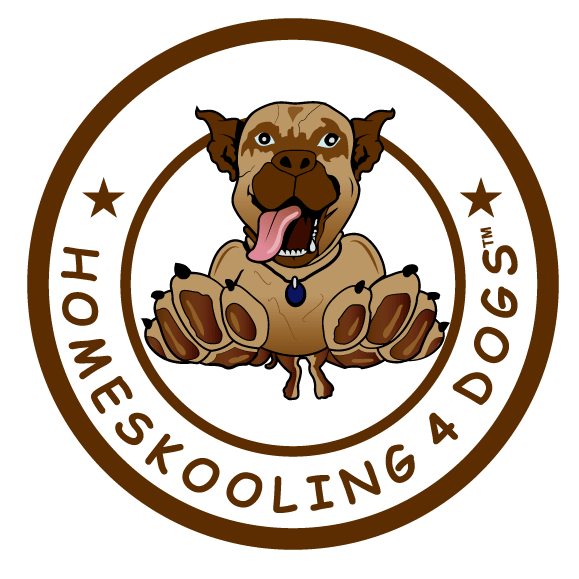senior dogs
Age-related issues your dog may be hiding
Arthritis, Osteoarthritis, Joint Pain & Supplements
Study shows tramadol has no effect on osteoarthritis pain
“The results showed no improvement when tramadol was given compared to either baseline or placebo. Carprofen was associated with significant improvement in results.” [1]
Protein & Senior Dogs
"There is a lot of misinformation floating around regarding optimum protein intake for senior dogs (Case et al., 2011; Wannemacher & McCoy, 1966). Many people believe that protein overworks older kidneys and that protein should automatically be decreased in an older dog’s diet. This is false. Dietary protein does not stress or harm the kidneys of otherwise healthy senior dogs. On the contrary, healthy older dogs require slightly more protein. Protein minimizes loss of lean body mass that accompanies the aging process. [2]
“some older dogs may have reduced digestive efficiency, the quality of the protein that is in the food is very important” [4]
“not only should we not reduce protein for healthy older dogs, research has shown that healthy aging animals benefit from slightly higher levels of dietary protein. They need this to help to support lean body tissue and possibly also to support a healthy immune system.” [5]
“Protein reserves are also important because the body mobilizes protein as a natural part of its response to stress, including disease, infection and injury; therefore, loss of protein reserves inhibits an animal’s ability to respond to stress. In direct opposition to common recommendations, senior dogs actually benefit from moderate to high levels of high quality, readily bioavailable dietary protein” (Case et al., 2011)." [5]
“Higher in protein: "How much protein does a senior dog need?" is a question vets get often and for good reason. The protein stores of a senior dog turn over more rapidly than in younger dogs, and like humans, dogs can start to lose muscle mass as they age. Extra protein supplies amino acids that help make up for that loss, and these keep aging pups stronger and more mobile. Senior dog diets would therefore ideally have more than 75 grams of protein per 1,000 calories.” https://www.nomnomnow.com/learn/senior-pet-care/senior-dog-food-guide
“For senior dogs, I recommend a diet with more than 75 grams of protein per 1,000 calories (and often go higher than 90).” https://justinshmalberg.com/blog/2018/4/17/senior-dog-nutritional-requirements
How to Read a Pet Food Label and How to Choose Foods
How To Determine Protein Content
Looking for a higher protein, lower carb diet requires doing a few calculations because very few companies report the number of grams of protein per 1,000 calories (kcal). So I created a Pet Food Math Cheat Sheet to calculate this information for you and so much more. Enter the information from the "Guaranteed Analysis" (or typical analysis / nutrient analysis) and the "Calorie Content" on the food label and the cheat sheet will do the math so you can compare any type of food. The cheat sheet can also uncover errors and potentially misleading information. (e.g. high “ash” content, high fat content, etc.) The Pet Food Math Cheat Sheet is more than a carbohydrate calculator.
More information on the Pet Food Math Cheat Sheet can be found here: https://www.homeskooling4dogs.com/dog-food-math-cheat-sheet
Dietary supplementation with medium-chain TAG has long-lasting cognition-enhancing effects in aged dogs
“These results indicate, first, that long-term supplementation with MCT can have cognition-improving effects, and second, that MCT supplementation increases circulating levels of ketones. The results support the hypothesis that brain function of aged dogs can be improved by MCT supplementation, which provides the brain with an alternative energy source.” https://www.cambridge.org/core/journals/british-journal-of-nutrition/article/dietary-supplementation-with-mediumchain-tag-has-longlasting-cognitionenhancing-effects-in-aged-dogs/0E84D6219DA529EF107DF1E6636598BC
